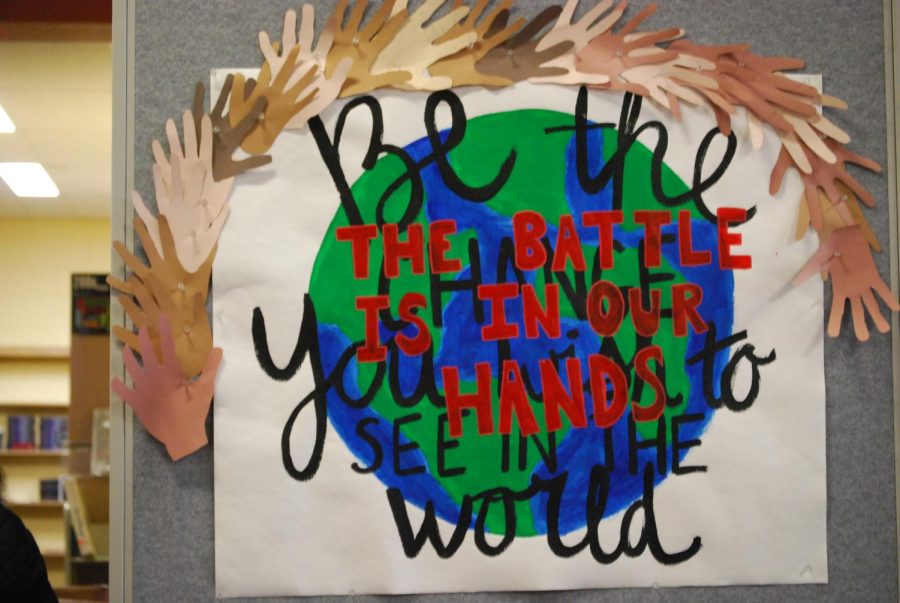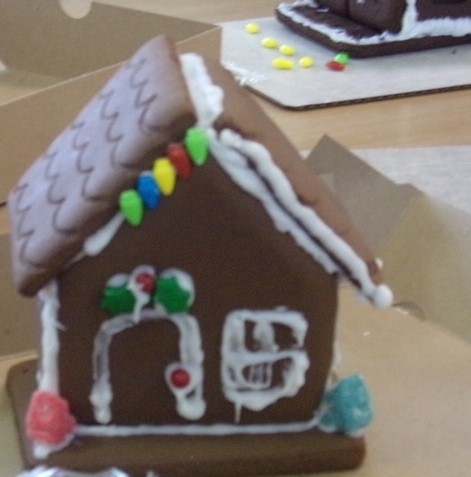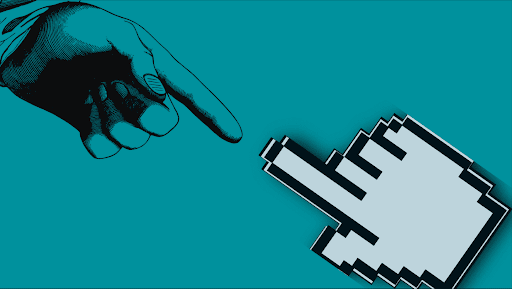Riding Your Bike Isn’t A Solution
November 6, 2021
By Zoe Miller
It’s 3:00am and you’re having a mental health crisis. You’ve tried all of your coping mechanisms; you tried drawing, but you’re stressed about how to draw the second eye. You tried listening to music but no songs feel right at the moment. You feel stuck in place as this has happened many times before and will most likely continue. Let me tell you firsthand, the majority of these coping skills are for the short term, not the long term.
Most mental health professionals will give you a pretty basic list of coping mechanisms, the ones consistently shown being, listening to music, drawing, journaling, reading, and of course riding your bike. The problem with these is that they aren’t effective for long term satisfaction. And there’s a reason for this. By trying to change our emotions through these mechanisms, we end up absorbing ourselves in our mental space, trying to get rid of our negative emotions before existing as a functional human being. Coping skills are rooted in avoidance. We are actively trying to ignore why we’re upset in the first place.
Yet, there are solutions to this problem.
Firstly, there is Acceptance and Commitment Therapy. Defined by Psychology Today magazine as a goal “to develop a way of being in the world characterized by psychological flexibility, which has six elements.” ACT therapy is used to help mental health sufferers learn to stop the struggle with their painful thoughts and work towards seeing themselves in a way that they can be fully present in their lives.
Secondly, identifying and attacking the true source of your stress. This means to try and figure out what is truly a problem in your life. From there, you can pinpoint what to do about it. This method does take time, so give yourself an hour or two to relax and think. A well-defined problem is a problem almost solved.
A third solution is one most people attempt avoiding at all costs; resilience. As a person suffering from M.D.D, aka clinical depression, resilience was a scary topic. Having to face problems head on sounded way more excruciating than crying in my bed all night. But, learning resilience has helped me so much. Developing resilience will, like many long term coping strategie, take time. You have to build resilience. Practicing thought awareness, facing your past mistakes and failures with an open mind, and setting personal goals are just a few ways to start developing resilience.
So next time a friend or family member tells you to just “do yoga” or “try painting”, remember this. Riding your bike isn’t a solution. Mastering coping skills that will help with your future rather than your present will help you progress as a person, and the results will be evident.
WHERE YOU CAN TURN FOR MENTAL HEALTH SERVICES AND HOTLINES
- Mrs. Johnson, Marian’s social worker.
- Marian counselors.
- National Suicide Prevention Lifeline (800) 273-8255
- Nacional de Prevención del Suicidio (888) 628-9454
- National Suicide Prevention Lifeline (Options for Deaf and Hard of Hearing) For TTY Users: Use your preferred relay service or dial 711 then 1-800-273-8255
- Crisis Text Line – Text HOME to 741741
- Substance Abuse and Mental Health Services Administration National Helpline (800) 662-4357
- SAMHSA – 1-800-662-HELP (4357)
- Anxiety and Depression Association of America (ADAA) (240-485-1001)
- Children and Adults with Attention-Deficit/Hyperactivity Disorder (CHADD) – (800-233-4050)
- Depression and Bipolar Support Alliance (DBSA) (800-826-3632)
- National Center of Excellence for Eating Disorders (NCEED) (800-931-2237)
- International OCD Foundation – (617-973-5801)
- Treatment and Research Advancements for Borderline Personality Disorder (TARA) – (888-482-7227)
- Psychology Today offers a national directory of therapists, psychiatrists, therapy groups and treatment facility options
- SAMHSA Treatment Locator provides referrals to low-cost/sliding scale mental health care, substance abuse and dual diagnosis treatment (800-662-4357)
















